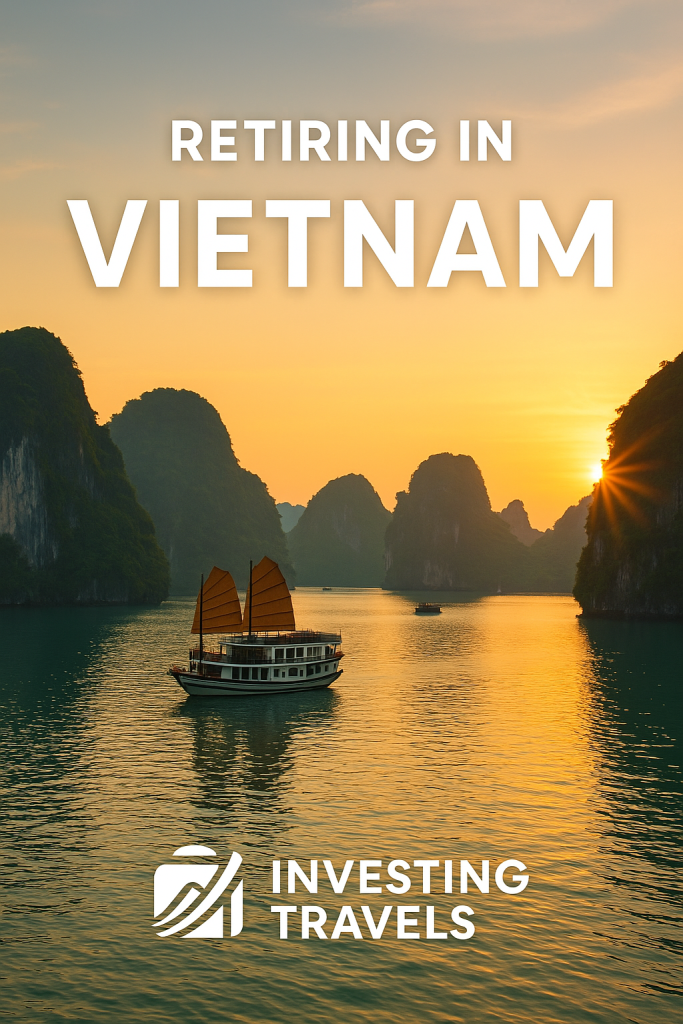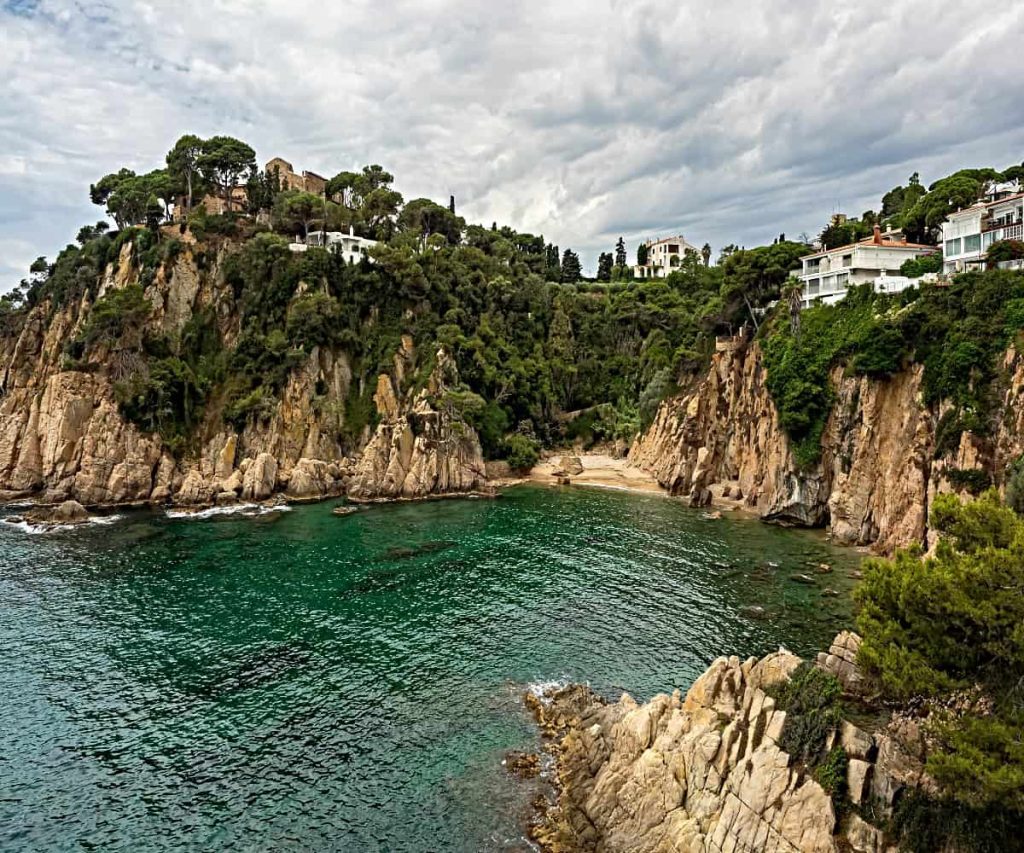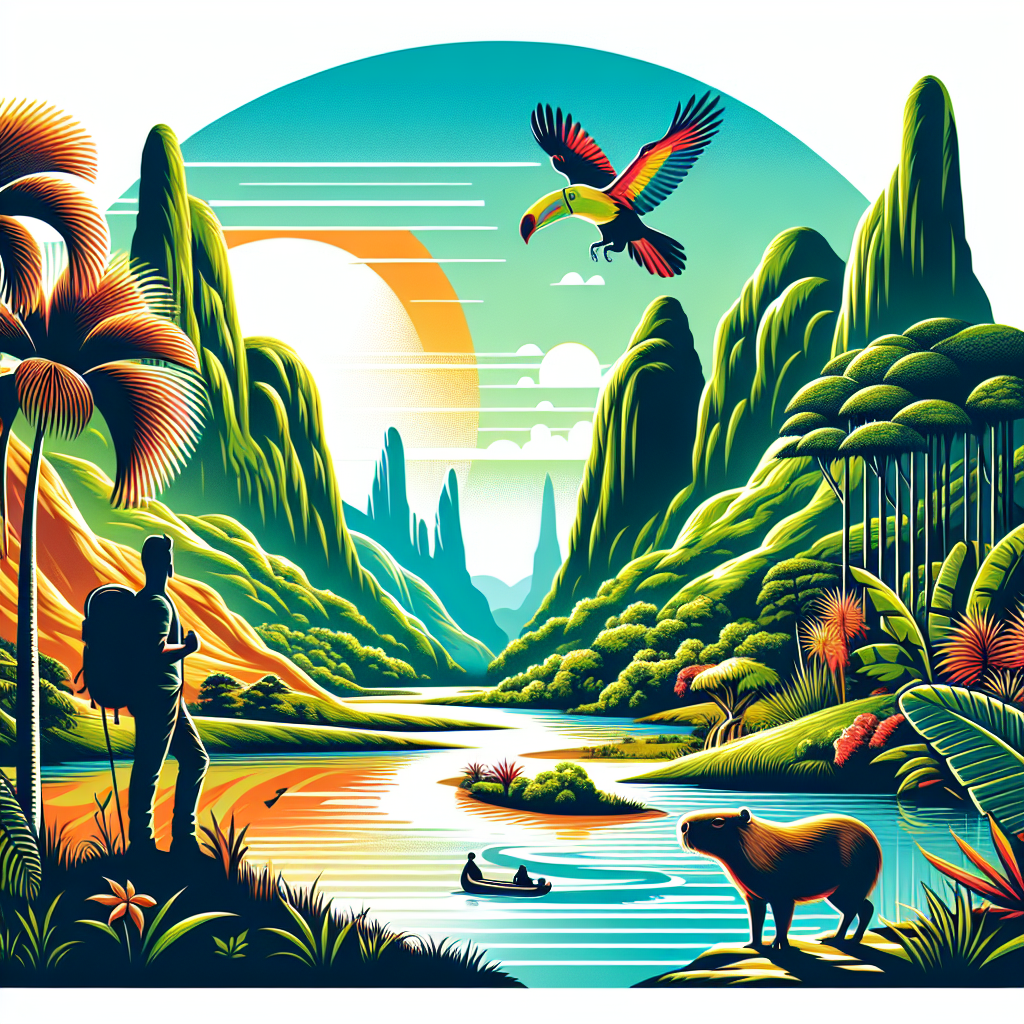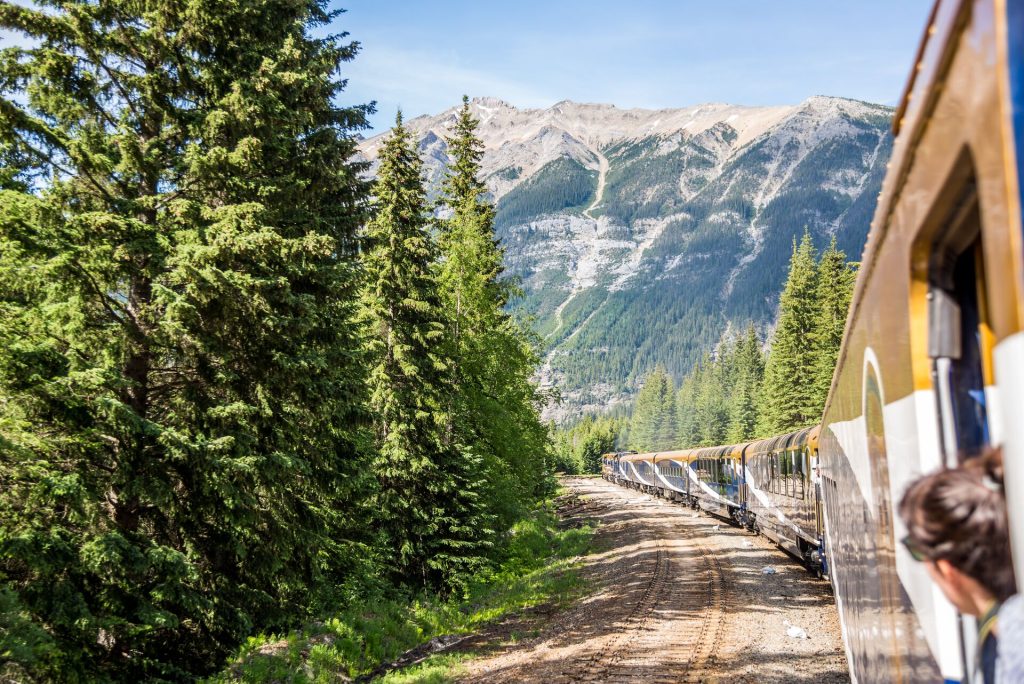Vietnam, a Southeast Asian gem, has steadily gained popularity among American retirees due to its low cost of living, world-class cuisine, rich culture, and breathtaking natural scenery. Stretching over 1,000 miles from north to south, Vietnam offers everything from cool mountain towns to bustling cities and serene beaches. For U.S. veterans, retirees, and digital nomads seeking a high-quality life at a fraction of the cost back home, Vietnam presents a compelling destination.
GEOGRAPHY AND LANDMARKS
Vietnam covers approximately 331,200 square kilometers—slightly smaller than California—and boasts over 3,400 kilometers of coastline. The country’s topography is diverse: mountain ranges in the north and west, sprawling river deltas, and flat coastal plains.
Famous Landmarks:
- Hạ Long Bay: Iconic limestone pillars and emerald waters, UNESCO-listed.
- Phong Nha–Kẻ Bàng: World’s largest cave systems.
- Hội An & Huế: Historic towns with colonial charm.
- Mekong Delta: Life on the water, floating markets, rice paddies.
HISTORY AND HERITAGE
Vietnam’s history spans over 2,000 years, shaped by Chinese occupation, French colonization, and the Vietnam War.
- Ancient Vietnam: Influenced by Confucianism and Chinese governance.
- French Colonial Period: Brought architecture, Catholicism, and the Latin script.
- Vietnam War & Aftermath: Reunification in 1975 led to decades of recovery.
- Today: A fast-growing economy, open to tourism and foreign investment.
CULTURE AND SOCIETY
Vietnamese society values family, respect for elders, and social harmony. It blends Buddhism, Taoism, Confucianism, and ancestral worship.
- Ethnic groups: 54 officially recognized; the Kinh majority and Hmong, Tay, Khmer minorities.
- Language: Vietnamese (quốc ngữ script); English is increasingly spoken in cities.
- Art & Tradition: Water puppetry, imperial music, áo dài, nón lá.
- Cuisine: Fresh, fragrant dishes like pho, bánh mì, and regional specialties.
CLIMATE
Vietnam spans multiple climate zones:
- North (Hanoi, Sa Pa): Four seasons; cool, dry winters and hot, humid summers.
- Central (Da Nang, Hue): Typhoon-prone Sept–Nov; hot summers.
- South (Ho Chi Minh City): Tropical year-round; rainy May–Oct, dry Nov–Apr.
Heat, humidity, and flooding are common. Prepare with air conditioning, proper clothing, and flood-safe housing.
COST OF LIVING
Vietnam offers a high standard of living at a low price:
| Expense Type | Estimated Monthly Cost |
|---|---|
| Rent (1BR Apt) | $300–$600 |
| Utilities | $50–$80 |
| Food (Groceries + Dining) | $200–$300 |
| Healthcare | $80–$150 |
| Transport (Motorbike/Grab) | $30–$60 |
Street food meals: ~$2. Western-style restaurants: ~$10–$20 per meal.
HEALTHCARE AND INSURANCE
Public hospitals are affordable but basic. Expats use private hospitals:
- FV Hospital – Ho Chi Minh City
- Vinmec – Nationwide
- Family Medical Practice – Hanoi, HCMC, Da Nang
Insurance Providers: Cigna, GeoBlue, Pacific Cross. Policies often include emergency evacuation.
Vaccinations Recommended: Hepatitis A & B, Typhoid, Rabies (rural), Japanese Encephalitis.
VISAS AND RESIDENCY OPTIONS
Vietnam has no dedicated retirement visa (yet), but these options work:
- E-Visa: 90-day stay. Apply online, renewable via agents.
- Business Visa: Set up a company and self-sponsor.
- Investor Visa (DT1–DT4): Invest $10K–$100K in real estate or business.
- Marriage TRC: Available for spouses of Vietnamese citizens.
- TRC (Temporary Residence Card): Grants 1–3 years of residency.
WHERE TO LIVE IN VIETNAM
Here are top retiree-friendly cities:
- Da Nang: Beaches, low pollution, modern condos, friendly expat community.
- Hoi An: Artsy, historical, peaceful – great for walking and culture lovers.
- Nha Trang: Beach town with resorts and diving culture.
- Ho Chi Minh City: Bustling metropolis, best hospitals and amenities.
- Dalat: Cool highland climate, pine forests, colonial charm.
DAILY LIFE & EXPAT LIFESTYLE
- Internet: Fast, reliable.
- Transport: Motorbikes are common; Grab app for taxis.
- Language: English sufficient in cities. Learning Vietnamese is helpful.
- Shopping: Local markets, Western supermarkets (Lotte, MegaMart, Aeon).
- Community: Active expat groups on Facebook, meetups, clubs.
SAFETY AND RISK
- Crime: Low violent crime. Be aware of pickpockets in tourist areas.
- Traffic: Vietnam’s #1 safety issue. Drive cautiously or hire a driver.
- Weather: Typhoons and flooding (especially central/south).
- Water: Do not drink tap water.
BANKING & MONEY
- Open a local bank account with a TRC.
- Use Wise, Revolut, or Charles Schwab to transfer retirement income.
- ATMs are widely available.
FAQ – FREQUENTLY ASKED QUESTIONS
Can I own property?
Foreigners can lease property for 50 years. You cannot own land, but can buy condos in many developments.
Can I get my VA/SSDI/SS payments?
Yes. Have them deposited to a U.S. account and use international transfers.
Is Vietnam LGBTQ-friendly?
Generally tolerant, especially in large cities. No legal recognition yet for same-sex couples.
Can I work in Vietnam?
Only with a work permit or business license. Teaching English is popular.
Do I need to learn Vietnamese?
No, but basic phrases help a lot. Most younger locals speak some English in cities.
CONCLUSION
Vietnam offers retirees a unique blend of comfort, affordability, culture, and adventure. Whether you’re drawn to beach towns, ancient cities, or vibrant metropolises, Vietnam welcomes you with warm hospitality and an unmatched quality of life for your dollar.








